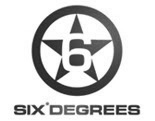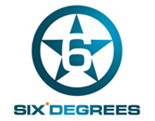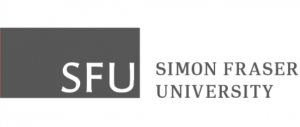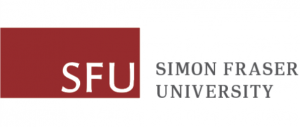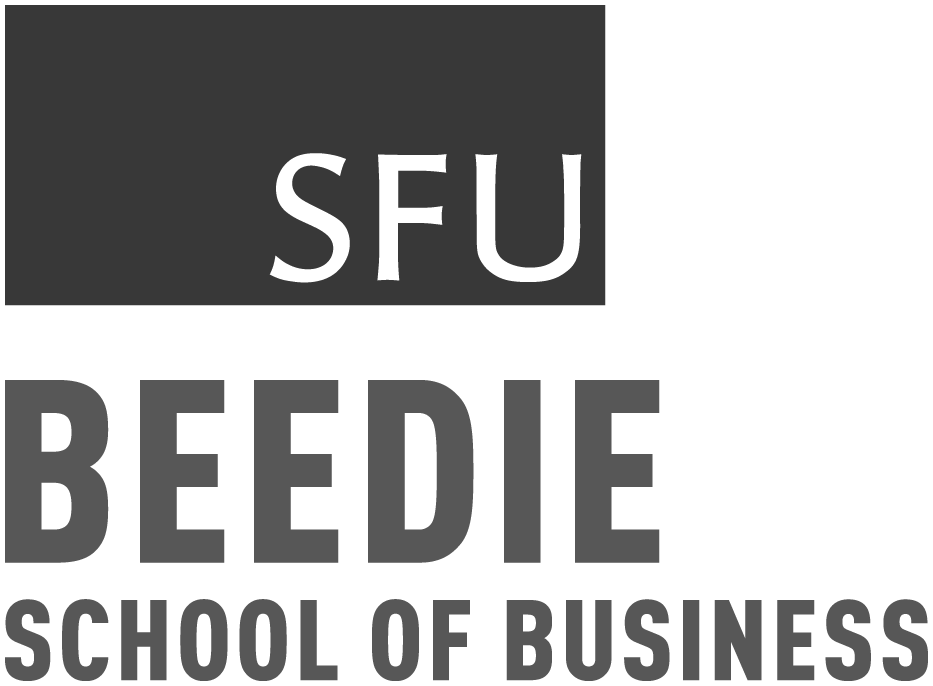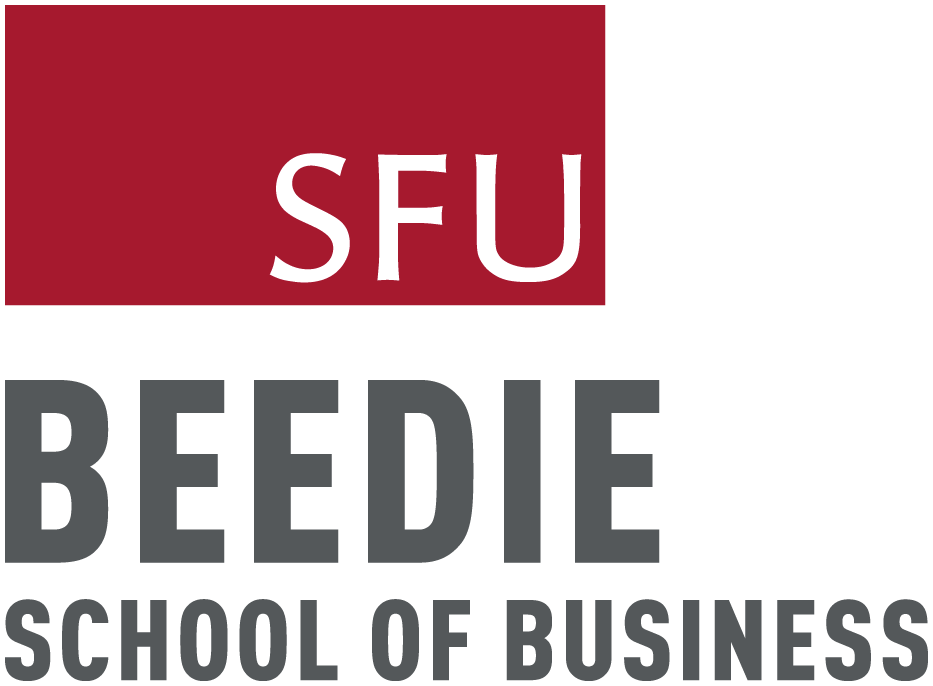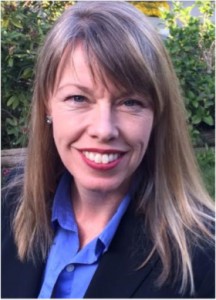 Laurie Dawkins: “The One That Almost Got Away”
Laurie Dawkins: “The One That Almost Got Away”
“I grew up in Penticton. I was a planner and my best skills were art and writing. I found out when I transferred to high school that I was average in art, so I looked around at the local college for what could I do with my writing. At that time, you could be a nurse, teacher or water technologist so I cast a little further and found out that SFU had this thing called a communications co-op program. I didn’t really know what that was, so got in to my little red Toyota and drove down to the Coast and met with the Coordinator. From what she said, I thought that kind of work sounded interesting and I could probably support myself doing it. I could be a little bit creative and make some money. So I went right in to communications, and minored in sociology.
I thought I’d kind of found my place, but didn’t know what inside of communications I wanted to do. I discovered I didn’t really like agency life and so I spent about five years just doing short-term contracts, bouncing around, trying government and trying the private sector. I discovered that I wanted to become part of a larger organization and become a specialist in what they did. Eventually I landed at UBC, working for the Faculty of Applied Science. I liked that quite a bit, because I was the only communicator surrounded by a bunch of engineers (seriously!). While I was the expert in communications, there was still a lot to learn about what they did.
Now, I had originally joined IABC as a student member. I was slow to adopt it, but then someone invited me to volunteer. I was working in a one-person communication shop, at the time, and thought it would help me meet more people. I started taking on bigger and bigger roles, including positions on the board, and eventually even served as President. But while I was managing the student services portfolio, I volunteered to help host an IABC world conference, here in Vancouver. I was put in charge of volunteer recruitment.
At the time, I thought, ‘This is great, it’s just about this event,’ not really thinking about the skills I was developing or the depth of the contacts I was making. I was part of something pretty big and it was probably the most complicated thing I’d helped out with, paid or unpaid. I met a lot of people and my IABC community widened during that time. However, the key thing was that I was sitting with people on this committee, week after week, organizing this massive event that would bring 1200 or 1400 people to Vancouver. The conference was an amazing success, but then it was over and time to go back to focusing on my work.
About a year later, I got a phone call from Peter Roaf. He was one of the people I’d volunteered with on the committee for the conference. He was now the director of corporate communications for what was about to become Vancouver Coastal Health. All the health authorities were being formed in BC and they were building a communications team from the ground up. And he asked me if I would be interested in coming to talk to him and I thought, ‘Sure.’ I knew who he was because I’d volunteered with him.
So I remember my interview was held at Vancouver General Hospital. It was in this really big, intimidating looking boardroom with a long dark table. There were all these pictures of very stern nurses in old-fashioned garb on the wall. And Peter was sitting there with a woman named Jennifer Hamilton. They were two of the brand new directors of the health authority and both had openings on their communications teams.
I’d prepared myself, even if there wasn’t much to research because the health authorities were brand new. I’d certainly researched health and what was going on politically to create the new health authorities. I was expecting a full interview. But instead they said, ‘Well, do you have any questions for us?’ Boy, did I have some questions! I had two single-spaced pages of them and I asked them questions for about half an hour. And then I paused and said, ‘But don’t you have any questions for me?’ And Peter just looked at me with a smile on his face and said, ‘Well, no, I volunteered with you for about a year. I feel like I know you and know what you’re like under pressure. I just want to offer you a job.’
Well, I was just stunned. I’d never experienced anything that like that. Until that moment, I hadn’t translated that volunteer experience in to ‘Oh my gosh, I’m building my portfolio, my resume, my contacts.’ And I said, ‘I have to think about it.’ Obviously, the right thing to do was to say ‘Absolutely,’ but I was a bit thrown off my game by his answer and based on all my questions I was also a little scared. It sounded like a really intense job. So then I said ‘No, actually, I don’t think I want it. I think this job might be too much for me and I think I need to go.’ And I literally began packing up my little portfolio. I remember him looking quite stunned, and Jennifer too. There were six jobs in play and I just said ‘No,’ and gathered up my stuff and left the boardroom and went home.
So, when I get home, I’m relaying the story to my husband, and he’s getting excited. And he says, ‘Well, what did you say?’ and I said ‘Well, I said no! I don’t need that kind of stress.’ My mother had also just recently died, and I said, ‘You know, I’m also settling my mum’s estate, and it’s just too much.’ And he looked at me and said, “Laurie, you’re crazy!’ He says, ‘First of all, you will settle things for your mum, and second, this is an amazing opportunity.’ And then I started to cry because I realized he was right and I didn’t know what to do.
A sane person would have called the next day and say ‘I changed my mind.’ But I must admit I felt too proud and I truly didn’t know what to do. I was just a bit paralyzed, and I went back to a job that I knew I was already done with. I’d already been there three years and done all that I could do. But then the next day Peter called me and said, ‘Are you sure you don’t want to work with us? I’d like to try again and offer you a job.’ And I said, ‘I would very much like to take it.’ I was so relieved that he called me, and I think I’d eventually have called him, but it was probably the most bizarre interview process either one of us had ever been through.
I still work for Vancouver Coastal Health. It’s been 14 years and I’ve had seven different jobs, all of them progressively more senior. Like Goldilocks, I’ve tried all of the different director positions, but I’m now Director of Corporate Communications and I’m leading a great team. And it’s been an amazing experience.”
Fast facts about Laurie
- Current position: Director, Corporate Communications, Vancouver Coastal Health
- IABC member since: 1994
- Hometown: Penticton, BC
- Favourite website/platform: Facebook, so I can share my parenting fails and get immediate sympathy, and connect with my larger family.
- Trend that interests me the most: How to parent strong-minded little girls.
- Proudest professional/volunteer achievement: Winning the IABC/BC Lighthouse Award, especially when my entire team participated in my nomination.
- When not working, you’ll find me here: At home, building blanket forts, baking sugar cookies (with many sprinkles!) and trying to understand Minecraft with my kids.
- Most valuable career advice I can give: Be resilient in the face of constructive feedback. It’s rarely about you, but about the work and making the end result better. And for new people, be brave and ask for the informational interview…I’ll always say ‘yes’!
Twitter: @LaurieDawkins
LinkedIn: Laurie Dawkins
We’d love to hear your #myIABCstory! Get in touch with us at membership at iabc.bc.ca to share your experience as an IABC/BC member or learn more about IABC/BC Member Stories.






